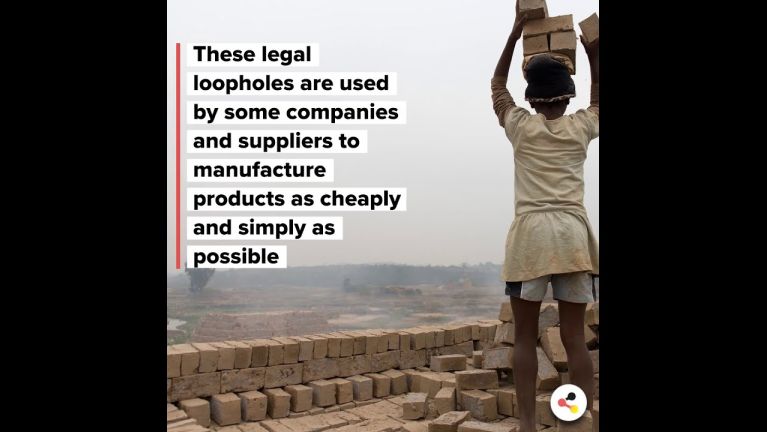“Many companies have difficulties with transparency”
The former human rights commissioner advises companies on how to respect international social standards.

Mr Löning, the federal government has just carried out a survey of human rights and social standards in German companies. It shows that only about 20 per cent fulfil the requirements. Does this result surprise you?
No. My impression is that many brand companies, above all those trading on the stock market, and especially prominent companies, are taking the issue seriously. It’s more difficult for small and medium sized companies who often lack the resources. Nevertheless, I think that they too can fulfil the requirements.
Dieses YouTube-Video kann in einem neuen Tab abgespielt werden
YouTube öffnenThird party content
We use YouTube to embed content that may collect data about your activity. Please review the details and accept the service to see this content.
Open consent formWhat kind of support do you provide?
We recommend the principles in the National Action Plan on Business and Human Rights as the basic guideline. The plan offers good orientation points and complies with the international standard. The first thing needed before implementing it is a clear signal from management. The second step involves risk identification. The third point is: How can the identified risks be eliminated or minimized? Fourthly, the companies need to be transparent. In other words they have to publish the risks and their methods of dealing with them. Many companies have difficulties with this.
Do companies approach you out of conviction, or because they feel pressured?
Many companies no longer want to support the prevailing conditions in their sector. The desire for change among some others is more about maintaining their image, they’re simply afraid of acquiring a bad reputation. That would result in a decline in turnover, and the company would be less attractive as an employer, and for investors.
There are fears that the Covid-19 pandemic could cause setbacks for sustainable entrepreneurship, because companies say they can’t possibly fulfil stricter requirements during the crisis. Do you see a danger here?
Definitely. We have just now experienced an initiative launched by the trade associations opposing the supply chain law. They say it would set them back even further. To my mind that is short-term thinking. You can handle risks in your own supply chain far better, and these risks include pandemics, when you face up to them and take action. That’s why we need uniform standards, at the European level as well.
Markus Löning was the Federal Government Commissioner for Human Rights Policies and Humanitarian Aid from 2010 to January 2014. He now heads a think tank on business and human rights in Berlin and advises companies on how to implement human rights standards.
Interview: Helen Sibum
Dieses YouTube-Video kann in einem neuen Tab abgespielt werden
YouTube öffnenThird party content
We use YouTube to embed content that may collect data about your activity. Please review the details and accept the service to see this content.
Open consent formYou would like to receive regular information about Germany? Subscribe here:




